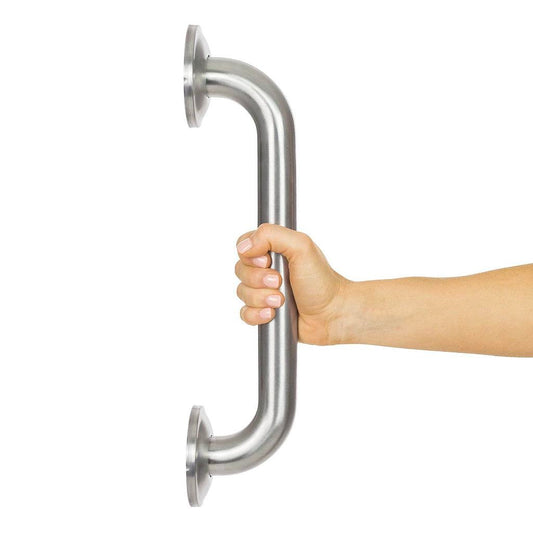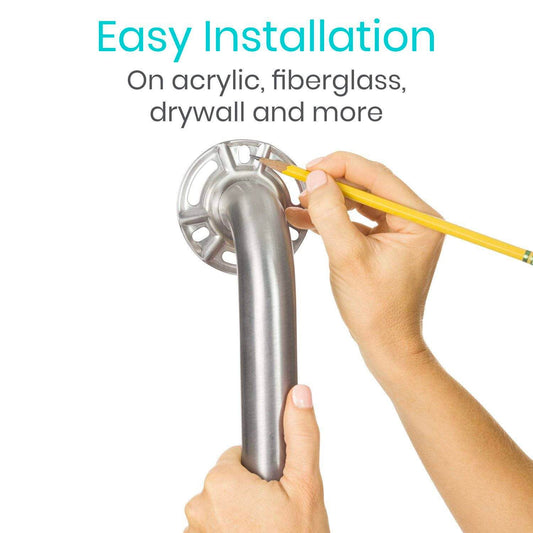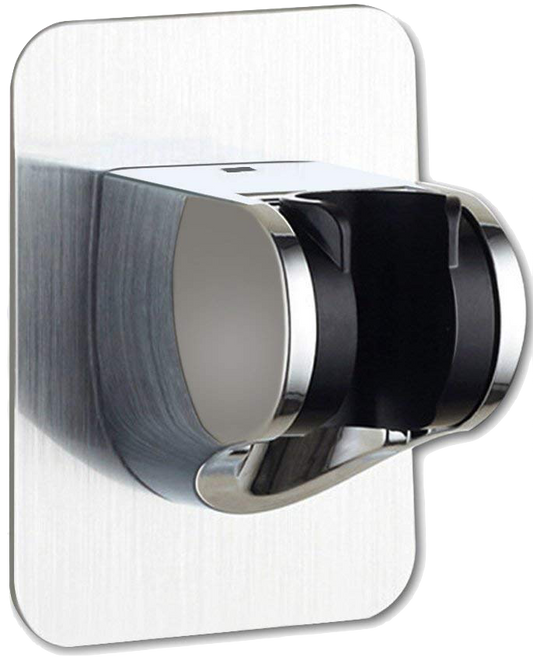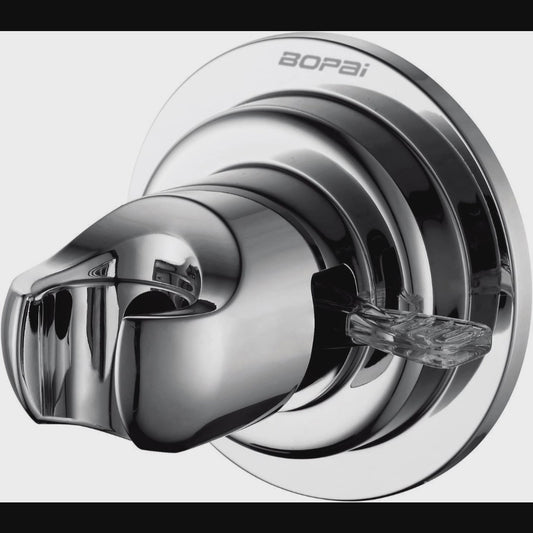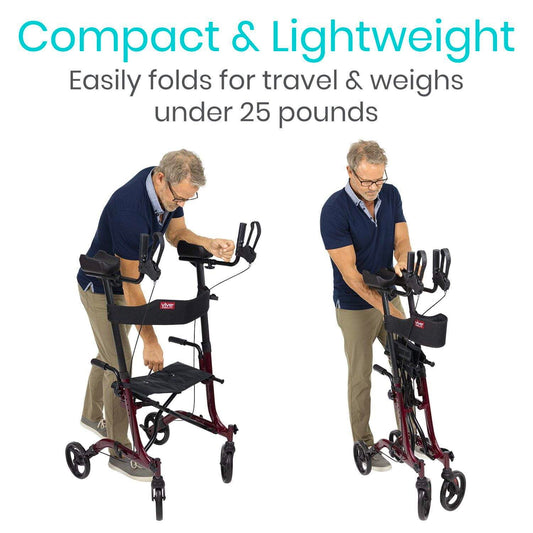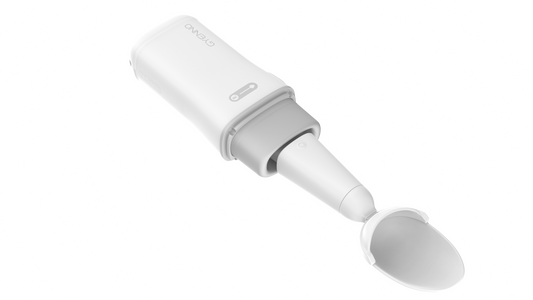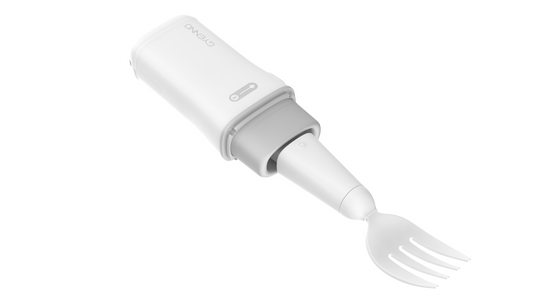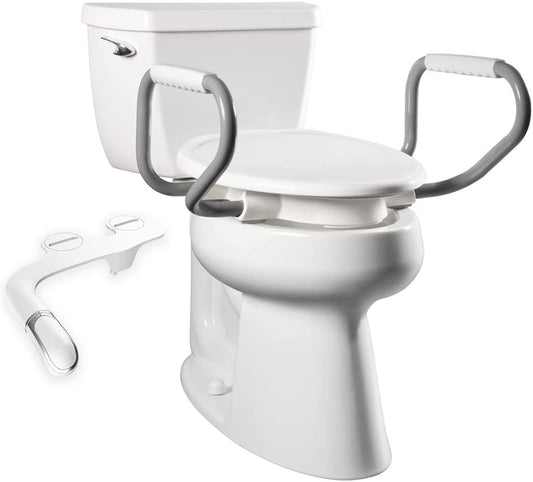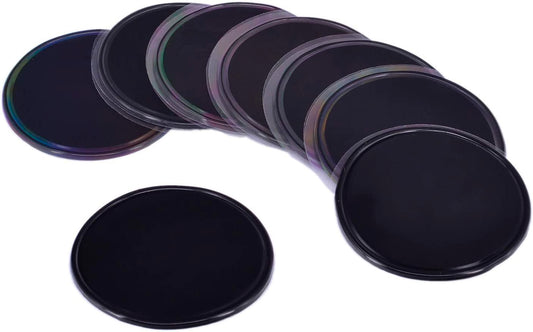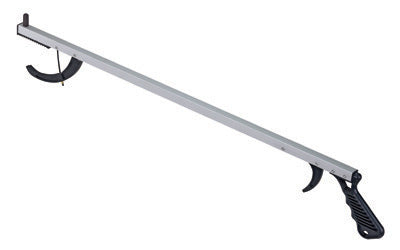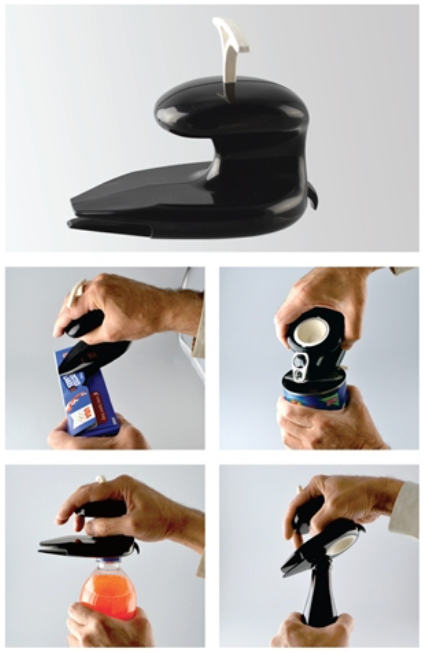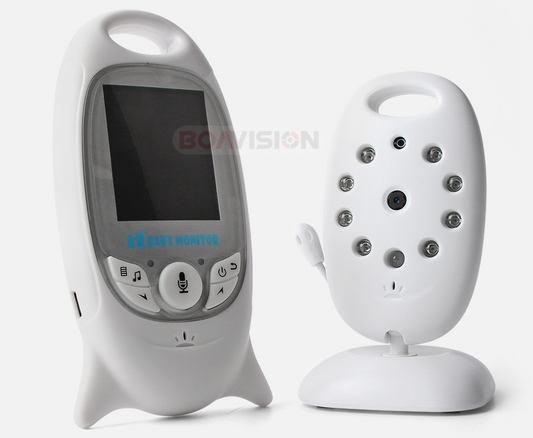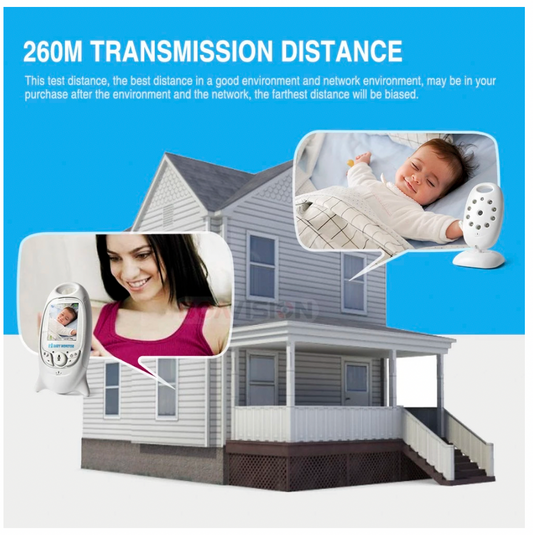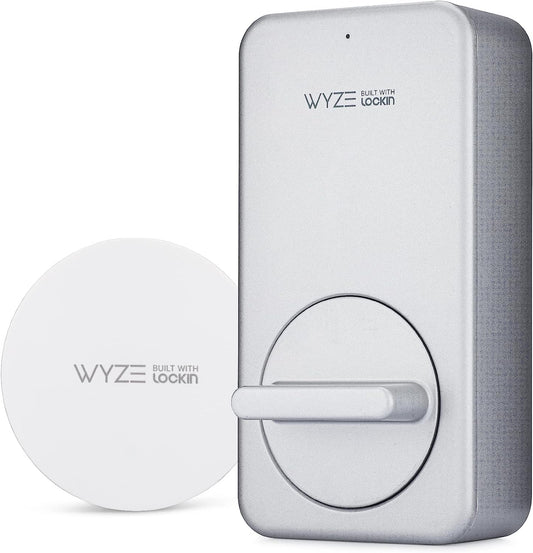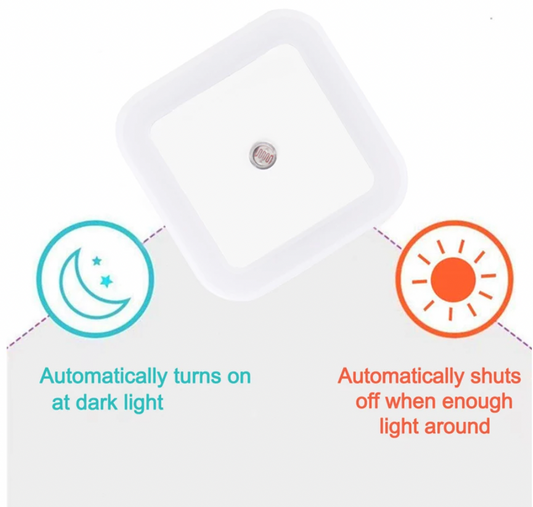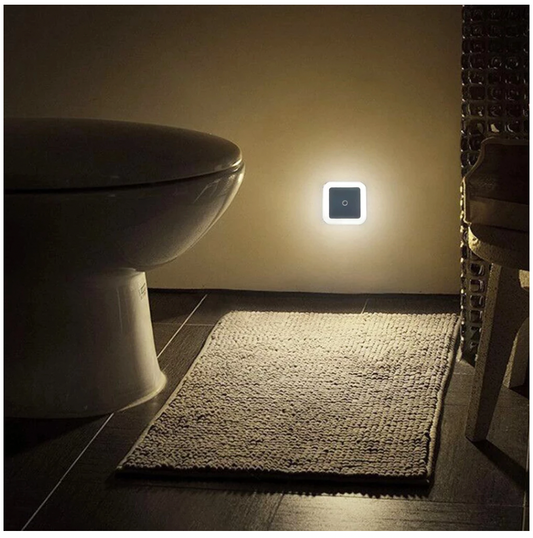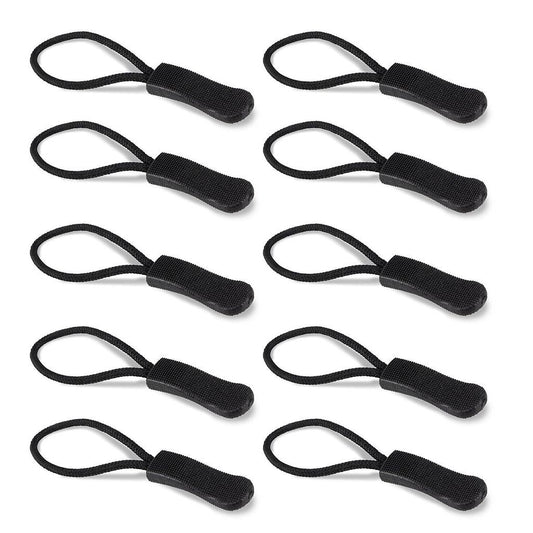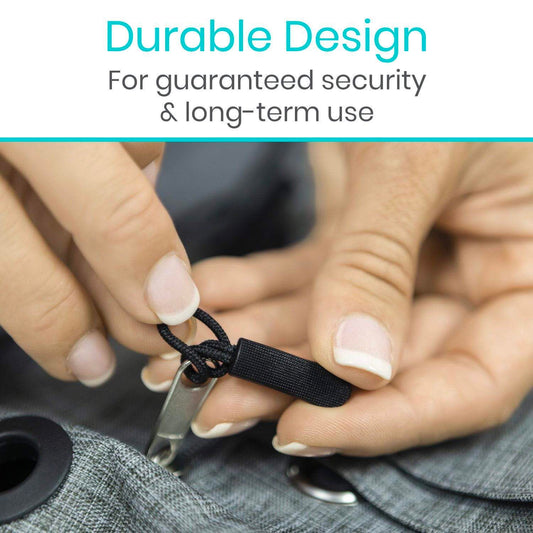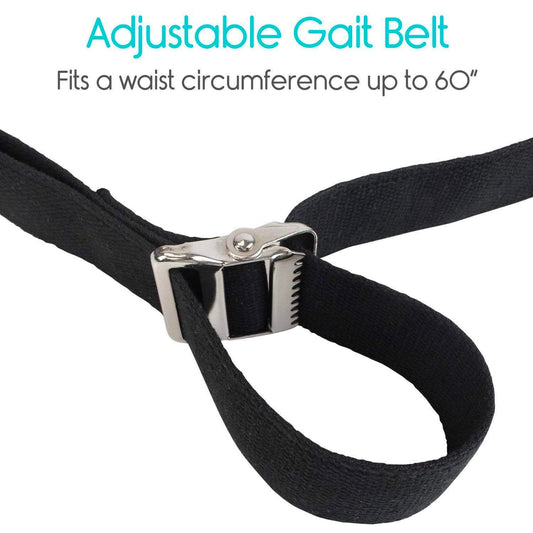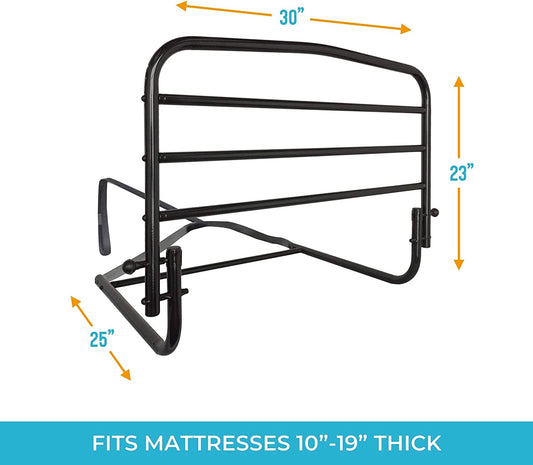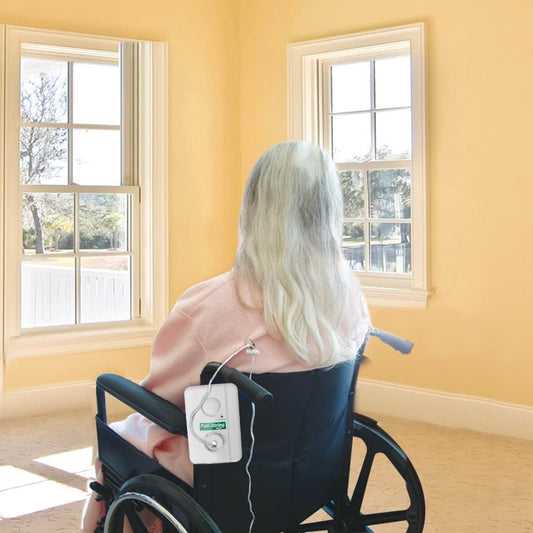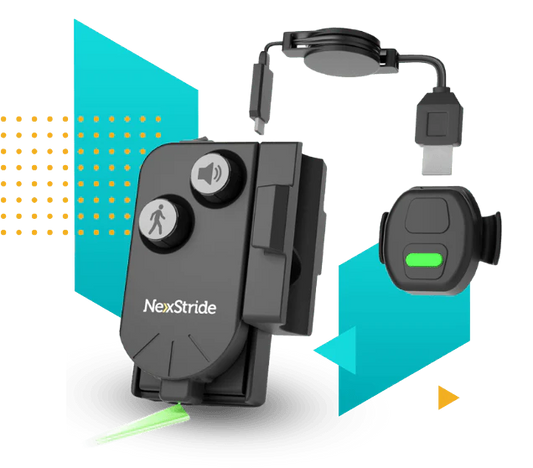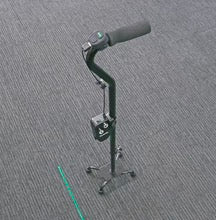-
24" Grab Bar
Regular price $32.00Regular priceUnit price per -

 Sale
SaleWeighted Bracelet
Regular price From $18.99Regular priceUnit price per$32.99Sale price From $18.99Sale -
Getting Durable Medical Equipment Through Insurance
Regular priceRegular priceUnit price per -
Handheld Shower Head
Regular price $29.98Regular priceUnit price per -
Handheld Shower Holder
Regular price $9.99Regular priceUnit price per -
Papa Companion Care
Regular priceRegular priceUnit price per -
Upright Walker for Seniors
Regular price $179.74Regular priceUnit price per -
Gyenno Bravo Twist Spoon | Alternative to Liftware Steady
Regular price $299.00Regular priceUnit price per$314.00Sale price $299.00Sale -
Raised Toilet Seat With Bidet & Handles
Regular price $249.99Regular priceUnit price per -
Fixate Gel Pads - 8 pack | dycem alternative
Regular price $24.82Regular priceUnit price per -
26" Reacher/ Grabber Tool for Seniors
Regular price $16.99Regular priceUnit price per -
All-Out Universal Opener
Regular price $22.25Regular priceUnit price per -
Visual Monitor w/ 2 way talk
Regular price $49.58Regular priceUnit price per -
Smart Lock
Regular price $129.00Regular priceUnit price per -
32" Multi-Use Dressing Tool
Regular price $42.93Regular priceUnit price per -
2 Motion Sensor Lights
Regular price $13.75Regular priceUnit price per -
Zipper Pulls
Regular price $5.92Regular priceUnit price per -
Consult a Neurologist
Regular priceRegular priceUnit price per -
60" Gait Transfer Belt
Regular price $16.56Regular priceUnit price per -
Flip Down Bed Rail
Regular price $163.32Regular priceUnit price per -
Clip On Patient Alarm
Regular price $29.99Regular priceUnit price per -
Video Training: Assisting Folks with Parkinson's Disease
Regular priceRegular priceUnit price per -
NexStride | U-Step Alternative
Regular price $499.99Regular priceUnit price per -
Titan Floor to Ceiling Stability Pole | Super Pole Alternative
Regular price From $272.50Regular priceUnit price per

Why You Need an OT!
An Occupational Therapist (OT) is your superhero! A skilled professional whose expertise can significantly enhance your quality of life by helping you maintain independence, manage chronic conditions, and ensure your home environment supports your needs.
When you're ready to dive into what occupational therapy is, why you might need it, and the myriad of ways an OT can be invaluable in your life click below!

